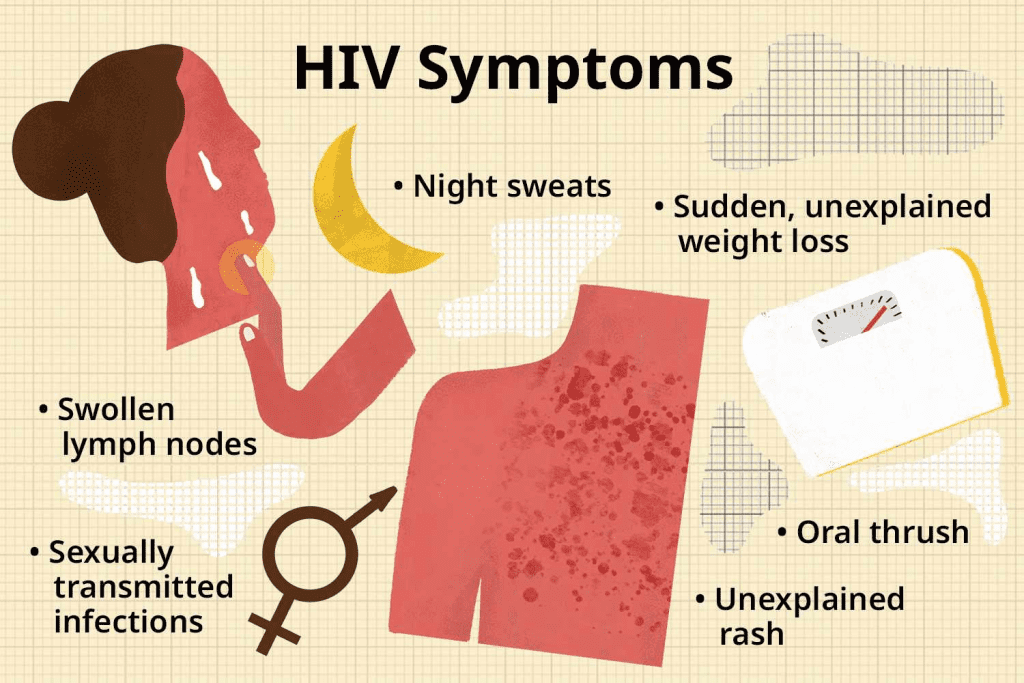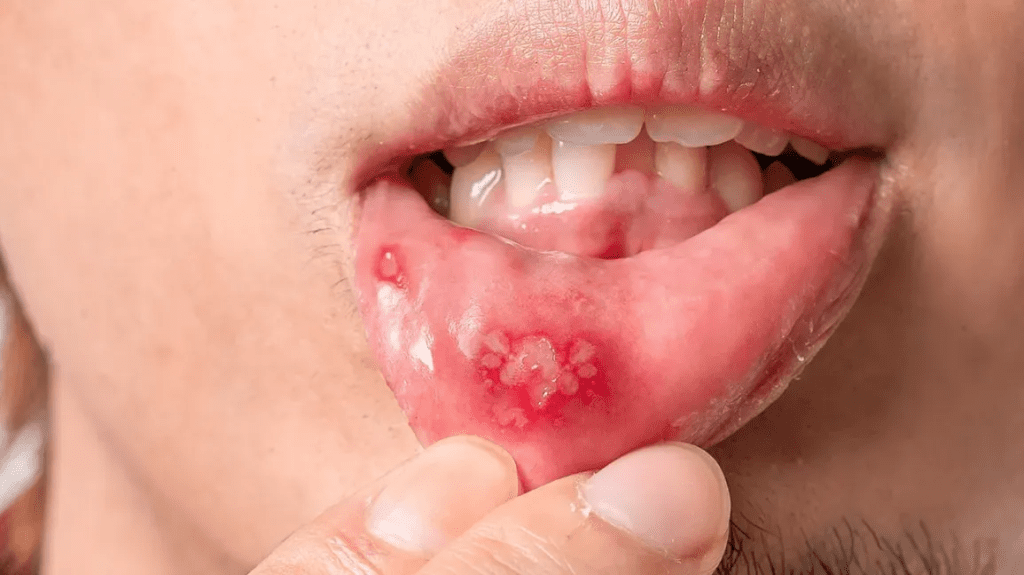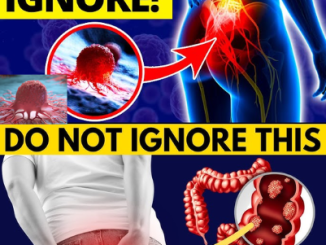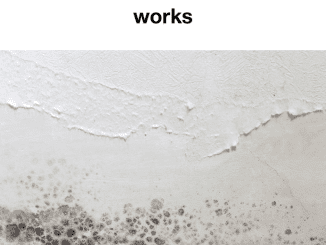Let’s be honest—HIV isn’t something people like to talk about. But that’s exactly why we need to talk about it. HIV (Human Immunodeficiency Virus) has come a long way from the fear-driven headlines of the 1980s. Today, it’s manageable with the right treatment. But here’s the catch: early detection is everything. The sooner you know, the sooner you can take control of your health—and potentially save your life.
So how do you know when your body might be trying to send you a red flag? Let’s break it down.
Why Early Symptoms of HIV Are Often Missed
Here’s the tricky part—HIV’s earliest signs can look a lot like the flu or a mild viral infection. Most people don’t think twice about a sore throat or a low-grade fever. But in the case of HIV, those seemingly minor symptoms could actually be your immune system’s first cry for help.

This initial phase is called acute HIV infection, and it typically happens 2 to 4 weeks after exposure. It’s the time when the virus is multiplying rapidly, and your immune system is going into overdrive.
Fever: The Body’s Silent Alarm
Ever had a fever out of nowhere—no cold, no flu, just that hot, heavy-headed feeling? In the early days of HIV, a sudden, unexplained fever is often the first sign. It’s your immune system kicking into gear, trying to fight off the virus as it spreads.
But here’s what makes it sneaky: this fever usually isn’t sky-high, and it might only last a few days. That’s why so many people ignore it.
Fatigue That Doesn’t Go Away
We all get tired. But this is next-level exhaustion—the kind that sleep, coffee, or even a weekend off can’t fix. If you feel constantly drained for no clear reason, your body might be fighting something deeper.
Fatigue is one of the most common early HIV symptoms. It can creep in and hang around, making you feel like you’re wading through quicksand.
Swollen Lymph Nodes: Small Bumps, Big Message
Lymph nodes are your body’s defense hubs. When something’s wrong—like an infection—they often swell up, especially in areas like your neck, armpits, or groin. If you notice these small, tender lumps and can’t connect them to any other illness, it’s worth paying attention.
Swollen lymph nodes are your body’s way of saying, “Hey, something’s going on here.”
Video : Early Symptoms of HIV
Sore Throat and Rash: The Double Trouble
We’re not talking about a sore throat from yelling at a concert. This is a persistent sore throat that hangs around and doesn’t respond to the usual remedies.
Add to that a non-itchy rash, often on the upper body or face, and you’ve got two classic early signs of HIV. The rash doesn’t always look dramatic—sometimes it’s faint and red, almost like heat rash—but if it’s paired with other symptoms, it’s a flag.
Muscle and Joint Pain: More Than Just Aches
Think of it as the flu…but more stubborn. HIV can cause aching muscles and stiff joints, especially during the acute phase. If you’re not dealing with your usual seasonal cold or flu, this pain might mean something more.
Headaches and Night Sweats: Hard to Ignore
Persistent headaches that don’t go away with over-the-counter meds are another symptom you shouldn’t brush off. Paired with night sweats—we’re talking soaking your pillow even if it’s cold outside—your body may be trying to flush something out. That “something” might just be the early effects of HIV.
Mouth Ulcers and Digestive Distress
Here’s a surprising one—mouth ulcers or painful sores inside your cheeks, on your tongue, or even your gums. They may show up again and again, and while they can happen for a number of reasons, in the context of other symptoms, they shouldn’t be ignored.

Also, persistent diarrhea—the kind that sticks around and doesn’t seem to be tied to food or stomach bugs—is another early indicator that your immune system is compromised.
Why Testing Matters—Even If You’re Not “Sure”
Let’s get real for a second. You don’t need to know for sure you were exposed to HIV to justify getting tested. If you’ve had unprotected sex, shared needles, or even just think you might have been at risk, testing is your best friend.
Early detection means better treatment options, faster care, and a stronger shot at a healthy life. HIV doesn’t have to be a death sentence—but untreated, it can do serious damage over time.
And remember: these symptoms don’t automatically mean you have HIV. Many other illnesses share these signs. But if they appear together, or if they happen shortly after a potential exposure event, do not ignore them.
Modern Testing Is Fast, Easy, and Confidential
Here’s the good news: HIV testing today is easier than ever. You can visit a local clinic, use a home test kit, or even get tested during routine blood work. Results can come in minutes, and everything is kept 100% confidential.
There’s no shame in getting tested. In fact, it’s one of the most responsible and empowering things you can do for yourself and your partners.
Video : 20 Early Signs and Symptoms of HIV AIDS You Must Not Ignore
Conclusion: Don’t Wait for Symptoms to Get Worse
The bottom line? Your body talks. It’s your job to listen. Early HIV symptoms might seem minor or feel like any other bug going around—but they’re often your immune system’s first cry for help. The sooner you notice, the sooner you act, the better your long-term health can be.
If you’ve experienced any combination of the symptoms listed—or even if you just want peace of mind—get tested. HIV doesn’t define you. But being informed? That’s power.


